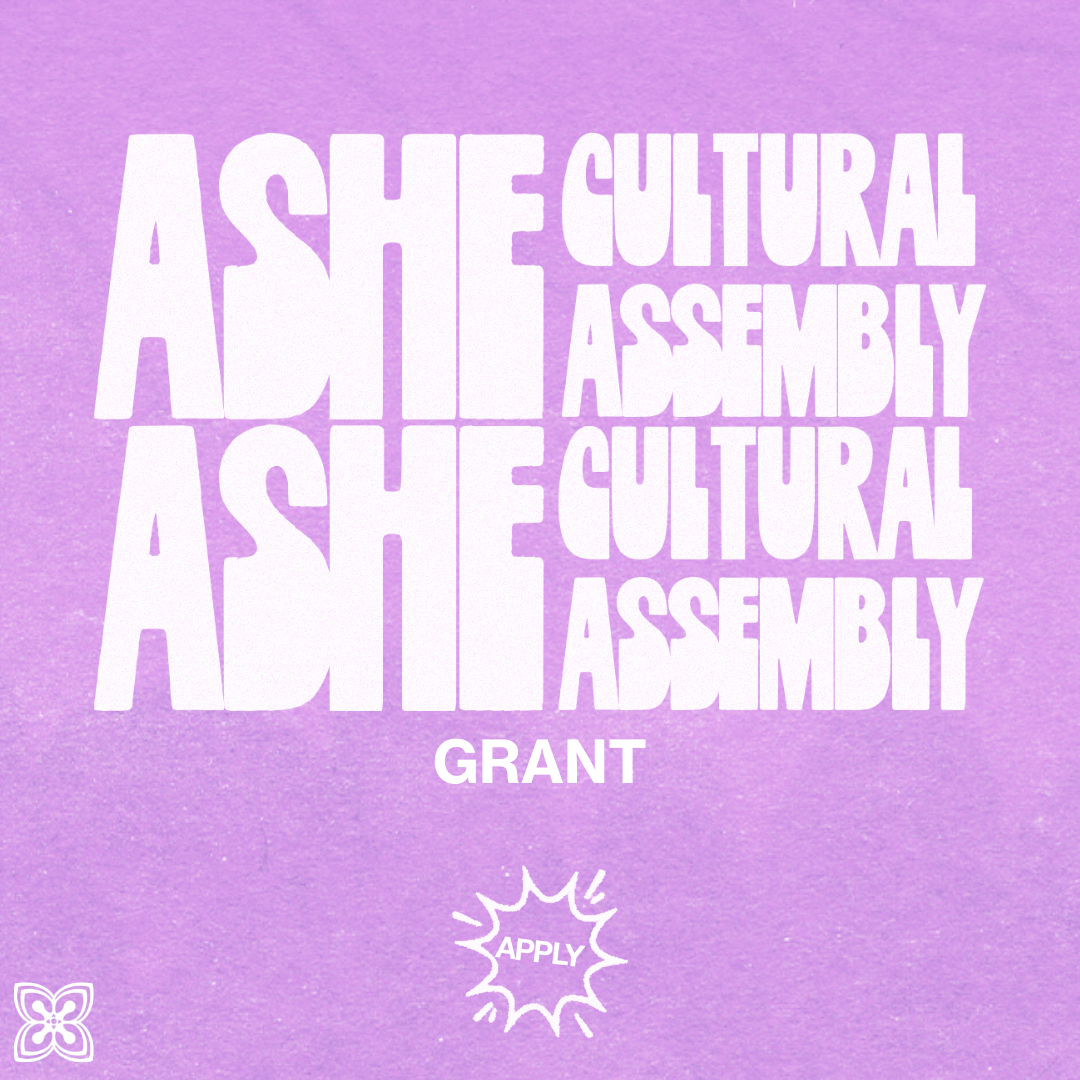What could new models for arts funding and collective cultural growth do for BIPOC artists in Boston? This fall, the Boston Ujima Project kicked off its inaugural Ashe Ashe Cultural Assembly with the mission to find out. For over six weeks, the grassroots organizing nonprofit has hosted a series of workshops, gatherings, and lectures centered on changemaking in the arts leading up to its culminating event: a collaborative grantmaking process where community members can vote on how to distribute $50,000–$80,000 in grants to BIPOC artists who live in, work in, or have been displaced from Boston.
We caught up with the arts and cultural planning team at Boston Ujima to learn more about the robust offerings of grants, programming, and resources being ushered in with this year’s Cultural Assembly.
Boston Ujima Project kicked off in 2017 with a mission of fostering a community-led economy. There’s been tremendous growth since then. How has the arts and cultural economy played a role in Ujima’s evolution?
The Boston Ujima Project is harnessing a spirit of solidarity to build a new economy that reflects our values, meets our needs, and allows our communities to thrive. Imagination is an essential piece of our effort to build the new world. Cultural workers are economy builders, and with that understanding we strive to provide artists with a space to organize and advocate on behalf of themselves and their neighbors. The Cultural Assembly is one of the many ways Ujima remains committed to supporting artists, creatives, and cultural organizers with tools for shared political power and economic development in Boston.
The Ashe Ashe Cultural Assembly Grant is currently accepting applications. What do you want artists to know about this opportunity?
The 2021 Cultural Assembly opened with the launch of a collective grant opportunity for BIPOC artists in Boston, facilitated by local cultural funders, influencers, and developers. This grant honors BIPOC Boston artists for their original, exceptional, and compelling work and can be used to fund any artistic endeavor that is free and open to the public. We want to expand the bounds of what artistic grants can support, so unconventional projects are welcome. We’re accepting applications until November 5, 2021.
What does the term “Ashe” mean to Boston Ujima and its community?
Ashe (or Asé) is a Yoruba principle that symbolizes the power to create that which you speak. This cultural assembly is titled “Ashe Ashe” to offer space for artists, cultural workers, and creatives to project their inherent life force into projects/offerings that resonate with how they want to bring new life and possibility into themselves and their direct community.
I heard there’s quite the story behind the creation of this grant—can you fill me in?
In September of 2017, we formally launched the Boston Ujima Project, aptly titled Dreaming Wild. The Dreaming Wild Assembly was our next step towards building a community-controlled economy in Boston’s working-class communities of color. As part of the DW Assembly, we launched a mini-grant participatory budgeting round at our inaugural assembly. During this event, artists applied via a simple two-page proposal, then pitched their ideas to members; five artists won mini-grants of $500. This year, we’re dreaming even more wildly and, with the help of our Ujima members, hope to disperse between $50K and $80K of funding.
The very nature of collective grantmaking or setting shared goals is so antithetical to the patron-driven collectorship mentality often tied to the arts. How can this model start to upend the way we think about cultural production and conservation?
Art is labor. Art is work. These truths undergird the sustained organizing efforts of BIPOC artists over the last century. Like any field, artistic production is part of our economy and should be enumerated by an equitable wage. And yet artists and cultural workers still struggle to access such guarantees. Artists need affordable housing, access to education, debt relief, and more opportunities available to them with less restrictive granting/residency prospects. Our collaborative Cultural Assembly Grant—where members democratically allocate funding—is an attempt to rectify power imbalances in the world of artistic grantmaking.
How have the Assembly partners and co-hosts been involved with this process?
We couldn’t do this work without the help of our grant partners and Assembly co-hosts. In the spirit of collaboration, all Assembly partners are expected to use their networks and influence to spread the message about our application and forthcoming hotline. All partners and co-hosts contributed to decision-making about the artist application, member voting experience, virtual events, and outreach strategies.
There’s going to be a hotline for artists and cultural workers to share their visions for our creative community. When can we expect to see that up and running and what is going to be done with those calls?
In the coming months, members of the Boston creative community will be able to share their needs and desires for the local creative economy through our hotline campaign. Participants will call our hotline to share their thoughts on how to create the cultural economy of their dreams. Ujima staff and Assembly partners will review contributions to create action plans and future feasibility studies.
Do you have a dream for the creative economy?
Ujima envisions a world where artists and cultural workers are recognized as the economy-builders they are. Communities—and cultural workers especially—have more power than they realize if they work together to organize for what they need and deserve.
What do you think is special about Boston’s art community?
For such a small city, Boston punches above its weight when it comes to the artistic community. BIPOC artists here especially are pushing the boundaries in art, film, theater, music, and cultural production—we’re excited to nurture such a vital creative ecosystem.
The Ashe Ashe Cultural Assembly Grant is accepting applications through November 5, 2021. Boston Art Review is a supporting partner of the 2021 Cultural Assembly.

